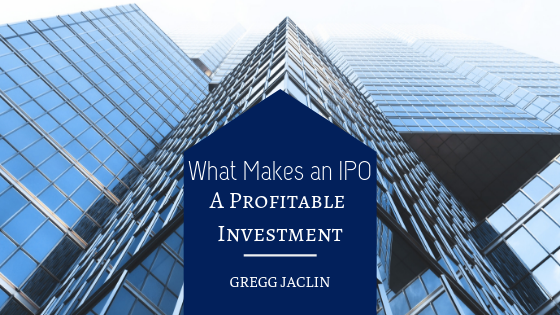As with any investment, there is a level of risk involved when choosing to buy into an IPO. With several prominent IPOs surpassing the success of their initial investments and regularly making headlines, the promise of profit when it comes to IPOs is tempting. While success for both investors and businesses is possible with IPO investments, understanding the risks and implications of such investments is essential prior to committing to the cause. However, with enough information and a firm grasp on the nature of long-term investments, buying shares in an IPO can be a profitable investment over time.
The Risks
For inexperienced investors, an IPO is arguably an ill-advised investment. Knowing how to detect promise and profitability in an IPO comes with experience and a dedicated period of research. While IPOs may ultimately provide a satisfactory payout, it is important to acknowledge the potential risk that inherently accompanies a company whose shares are made public.
One of the most commonly cited risks is that of the potential for volatility. When a company initially goes public, the business tends to acquire an influx of investor attention, meaning it stands to earn significant capital from those who choose to buy its shares. However, investors must be careful when they invest in IPOs. Such companies may eventually see an increase in valuation, but before they ever reach that point, their shares may experience a drastic decrease in value, in some cases down to 50% of their initial cost.
Of course, investing is often a waiting game; planning for the long-term results over the short-term is beneficial for investors who want to reap the rewards, but many investors tend to gravitate toward market trends and share prices rather than the intrinsic value of a share, even when the investment could be incredibly profitable over time. This behavior, in turn, negatively influences the company’s performance in the market and among investors.
The Profit
If you decide that an IPO is a sound investment and you believe in its potential, there are a number of ways you stand to gain from this choice. If the company does well over time, the value of your share will increase, as well; this is a passive way to profit from your investment, and typically, this option will only work out if you are willing to endure probable dips in market value. As previously stated, investments tend to benefit the investor more over time rather than immediately, and this fact is doubly true with IPOs.
Another way you can profit from an IPO investment is by knowing when to sell your shares. In this case, having a working knowledge of market trends in the industry your IPO of choice operates will provide an advantage. Determining the best time to make the most profit and lose the least will enable you to make the most money off your investment by the time you decide to sell. Once again, this knowledge often comes with experience, so investors should be especially careful when looking into IPOs.
All investment decisions pose some risk. Knowing when an IPO presents the right investment opportunity to you is crucial. If you are knowledgeable, experienced, and willing to wait out rough patches in market performance, you may want to consider investing in a promising IPO.

